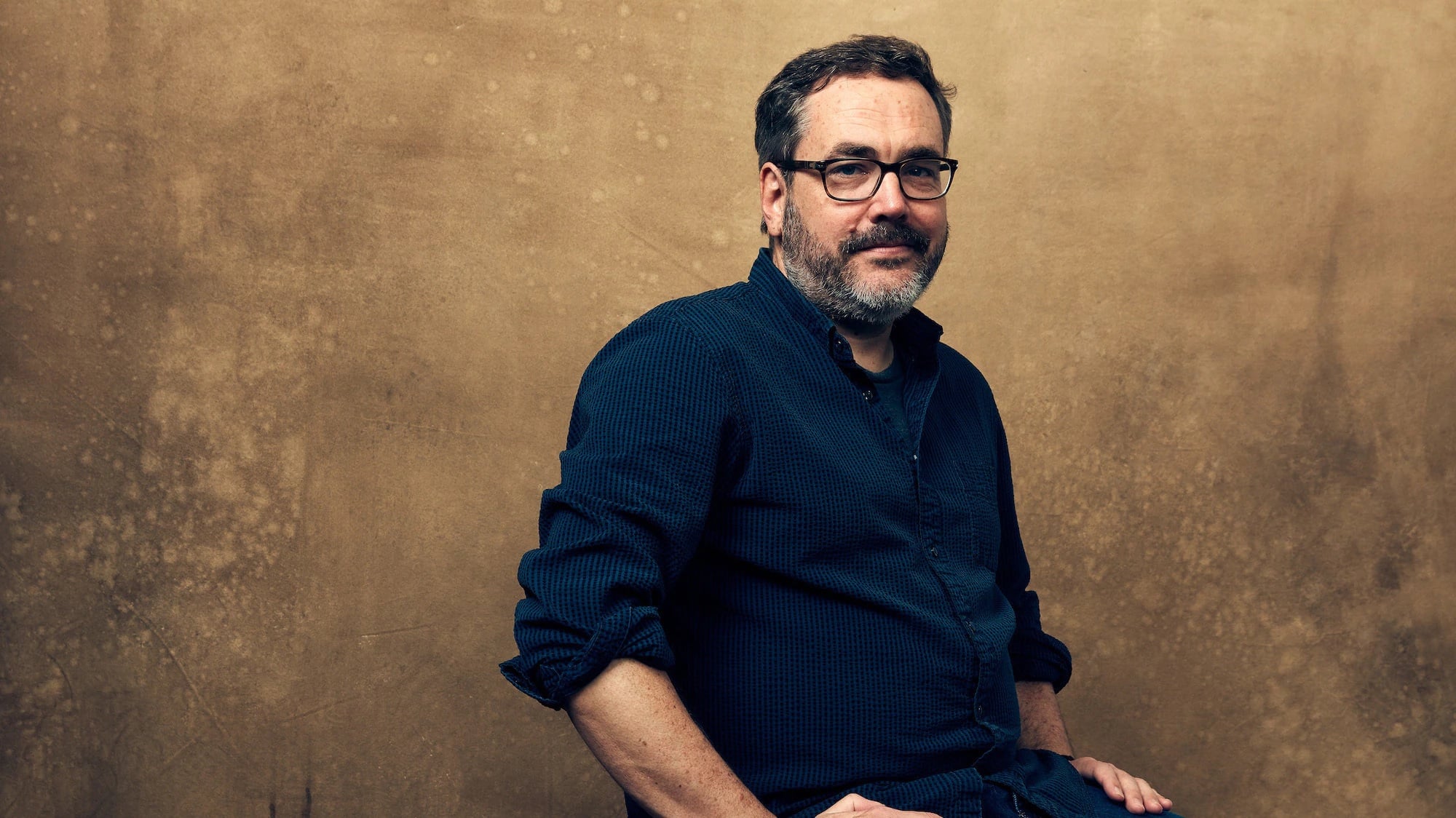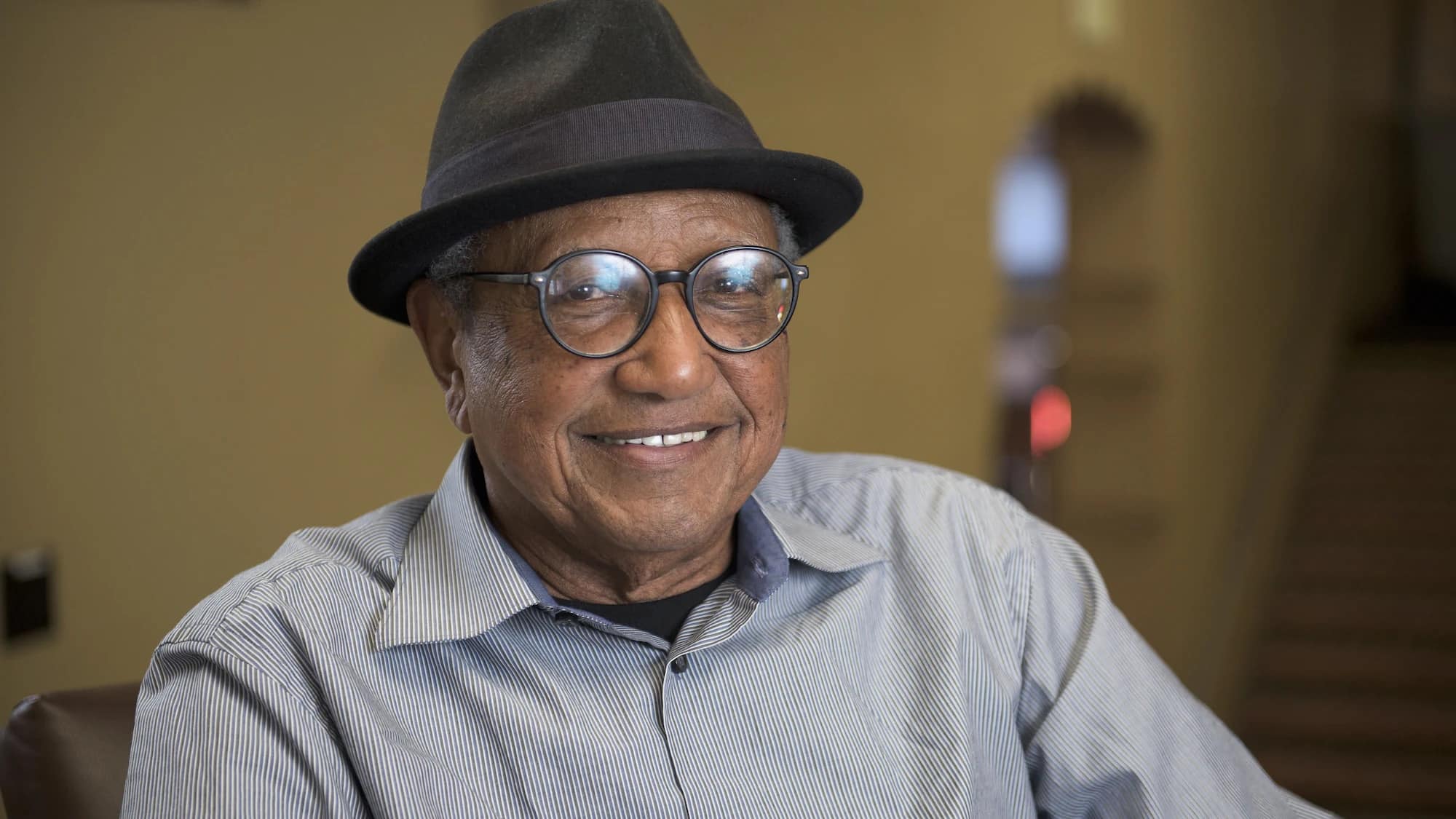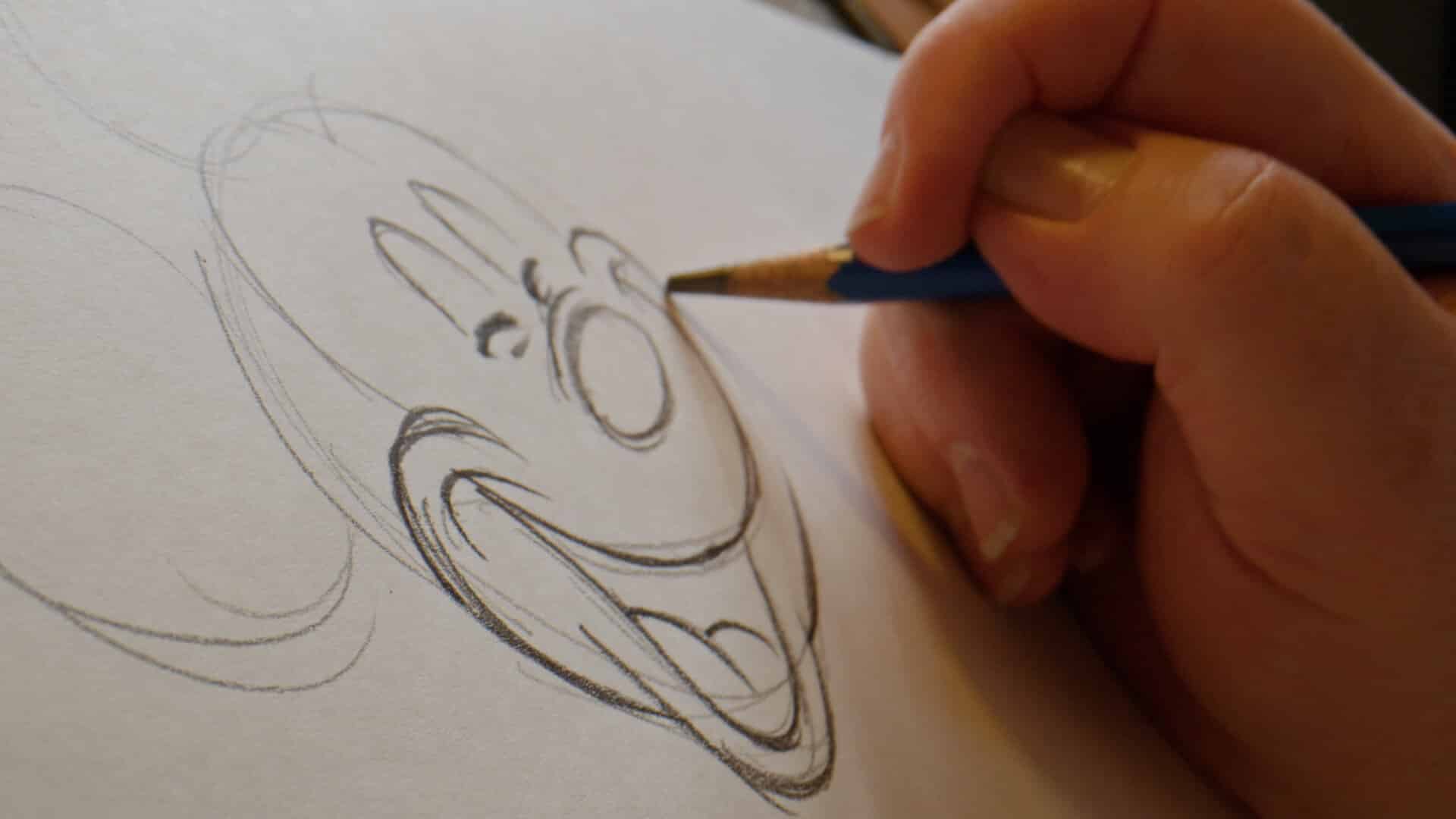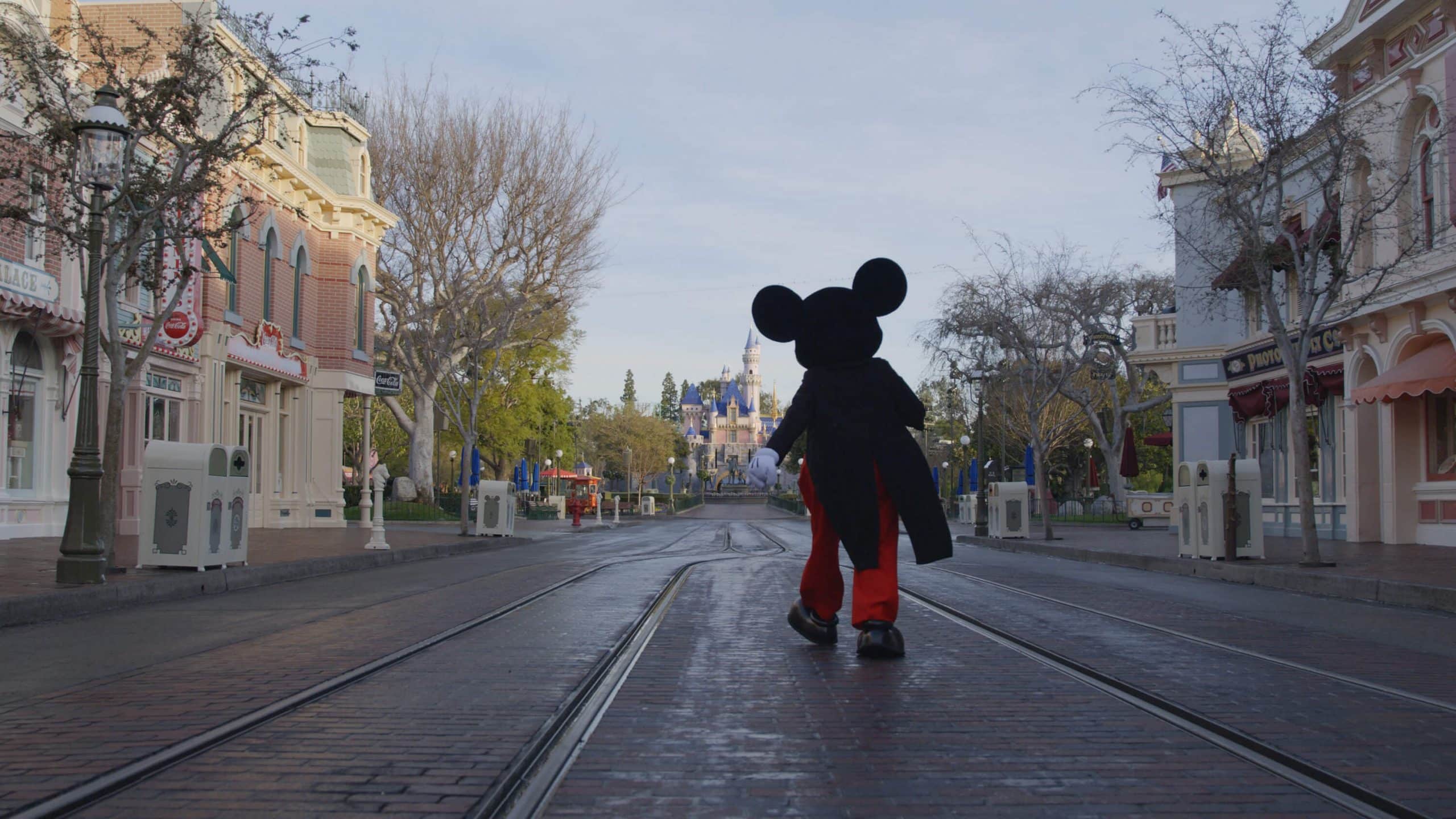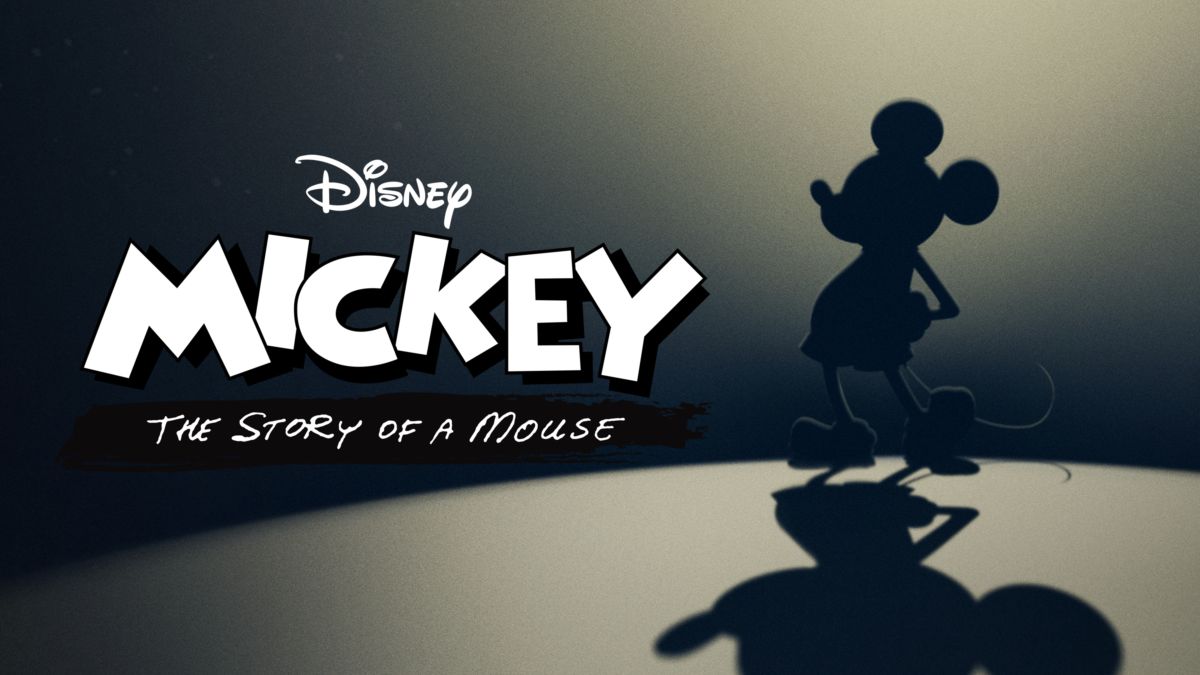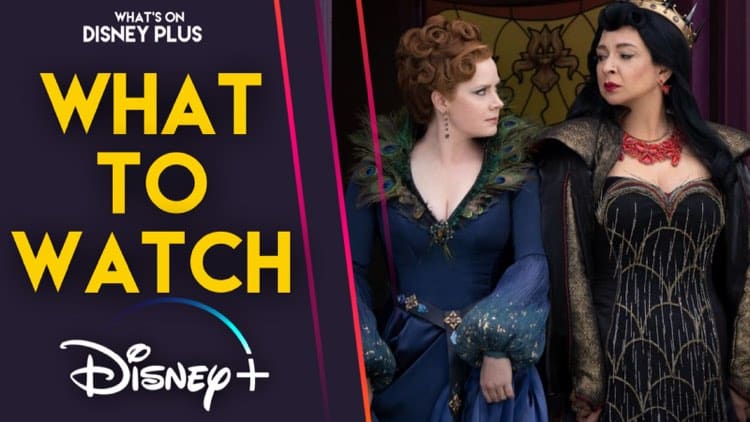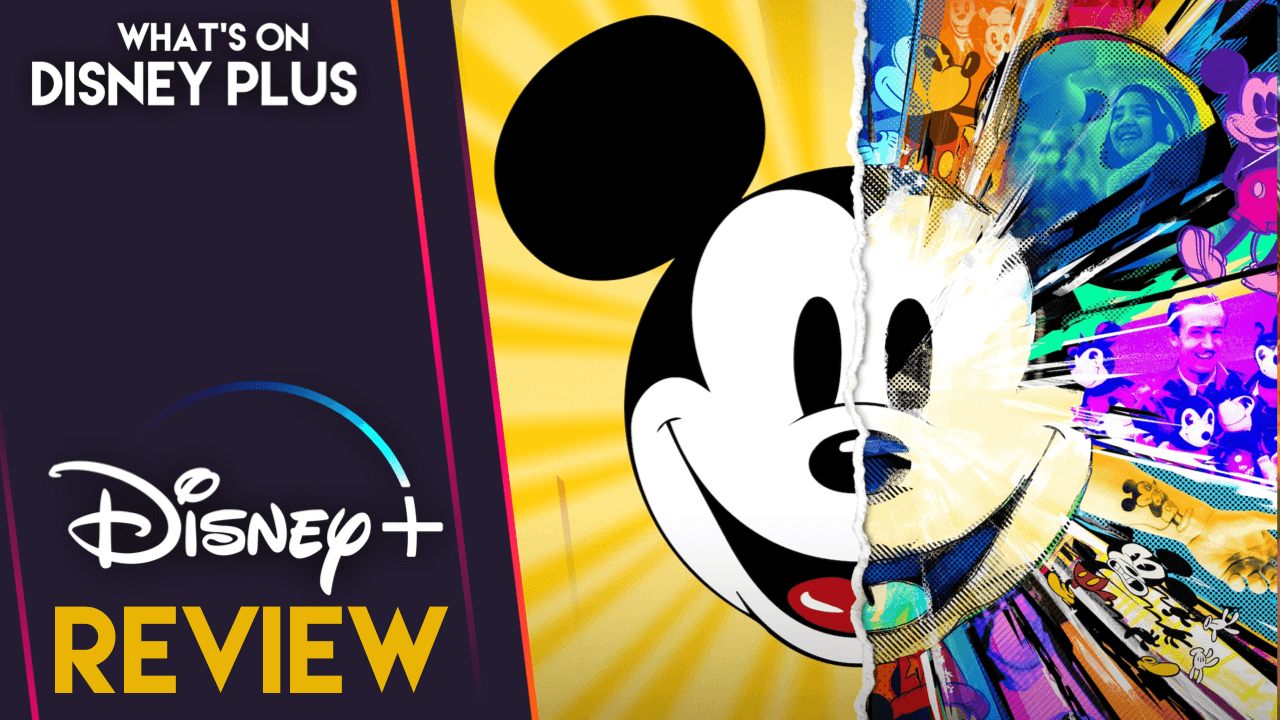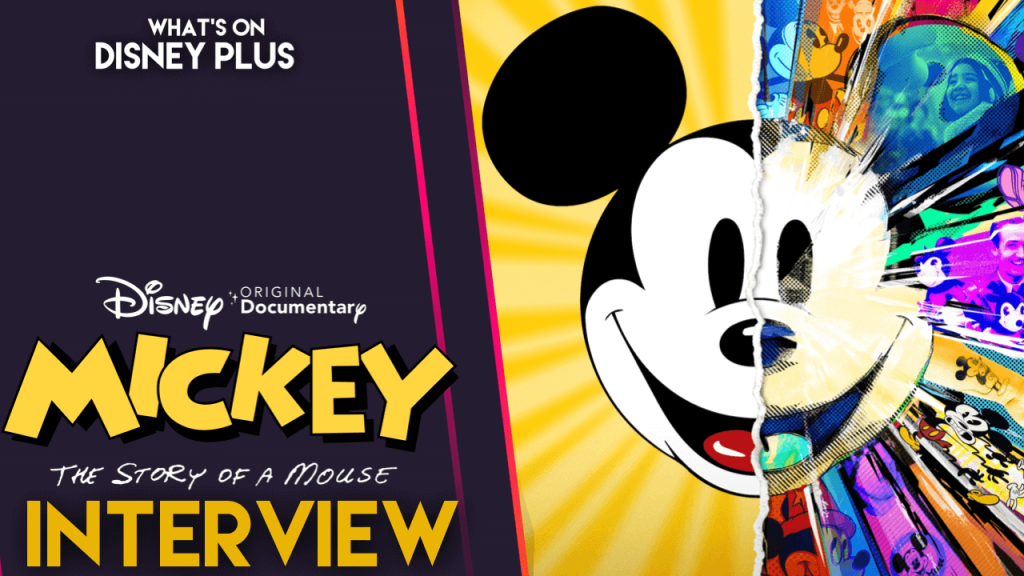
Mickey: The Story Of A Mouse | Jeff Malmberg & Floyd Norman | Exclusive Interview
On Mickey’s Birthday, Disney is releasing a brand new documentary on Disney+ called, “Mickey: The Story Of A Mouse”, which explores one of the world’s most beloved icons, Mickey Mouse. who is recognized as a symbol of joy and childhood innocence in virtually every corner of the globe. Dreamed up at a low point in Walt Disney’s burgeoning career, Mickey became an overnight sensation when he starred in the first sync-sound animated short, Steamboat Willie. Through the decades that followed, the character evolved into strikingly different versions of himself that reflect both his creator’s remarkable career and dramatic societal shifts in the nation he came to represent.
Recently, I got to speak with the director of the film, Jeff Malmberg and the Disney Legend, Floyd Norman, who got his start at The Walt Disney Company in 1956 as an artist on “Sleeping Beauty” and “The Sword in the Stone” and was a writer on “The Jungle Book.”
Where did the idea for the documentary come from?
Jeff Malmberg: Well, it came from deep inside the Magic Kingdom, from what I understand, and they approached me and Mickey was honestly always one of those things that I was just completely fascinated by. It’s this symbol that we all share and it’s like simultaneously this little small guy, and yet he has all this power. So was as soon it was kind of pitched at me is something to possibly do. It was an instant like, yes, I would love to do this.
What was one of the highlights of working on this documentary?
Jeff Malmberg: Well, I don’t know how your screen is, but that guy, he was Floyd Norman. I mean, that was one of the really great things was meeting these animators who I just geek out entirely on process and animation’s something I always appreciated, but never really understood it all. And so to get to speak to people like Floyd and Eric Goldberg and all these people who knew Walt, who had been there, who’d worked on these classic films that I’d grown up with, was really one of the joys of the production for me.
Floyd, how did Mickey Mouse inspire your career?
Floyd Norman: Well, Mickey’s been around for as long as I can remember. I remember reading Mickey Mouse comics as a child, and I remember going to the movie theater with my parents and seeing that big splash screen of Mickey on the screen, and you knew you were in store for a Mickey Mouse cartoon. So Mickey has been part of my earliest childhood memories, and I knew that one day with any luck, one day I would be working at the Wald Disney Studio. And once there, I had the opportunity to, in a sense, get to know the mouse firsthand. Having the opportunity to work with Walt Disney, who just happens to be Mickey Mouse. If you met Walt Disney, you’ve met Mickey Mouse. So for me, Mickey Mouse was always very real. And he continues to be real for many, many people, not just myself. I don’t own Mickey Mouse exclusively. He’s for all of us, no matter who we are, no matter what we are. Mickey’s one of us. He’s our best pal. He’s our buddy. He’s our colleague. And Mickey is, he’s part of the family.
How important was it for you that you could incorporate negative stories about Mickey Mouse in this documentary?
Jeff Malmberg: I mean, I think it was vital. I agree that Mickey is as close to joy as we’re ever going to get an assemble. I think that the world’s a little less happy if we don’t, I don’t know you, but we both know Mickey, so that’s what we’re talking about. I could see somebody on the street, I do see people on the street, and we both smile about it. It’s like it’s a small thing, but we all have it, and we’ve all had it for a hundred years. So that is the primary mission of this film, is to get underneath that.
And as with anything, when you get underneath something, there is good, and there is bad. So I think as much as any film that I’ve worked on, it was really a function of, okay, if you’re going to do this, we’re going to do it in the following way, and we’re going to talk about these things. And mostly, that was just working from the inside out, making sure that in a Disney production that we were going to talk about some things that hadn’t been talked about before, but everybody knew. And so to get them on the record about some of this, I think, pushes the conversation in the right direction. And as much as I could hope to do in a Mickey Mouse document is just, I can’t lead that conversation, but I can push it towards happening.
Floyd, would you have liked to have worked on the new Mickey Mouse shorts ?
Floyd Norman: Kind of funny you should mention that, because my wife and I often start our day watching the Mickey Mouse shorts. I don’t know why exactly, but my wife finds them enjoyable and will sit down and have a cup of coffee and watch at least two or three Mickey Mouse short cartoons. Even though I enjoy watching, if I had my druthers, well, I would love to do, if I had the opportunity, would be to make a Mickey Mouse feature film. I think that would be just grand. And you have a star who the world knows. You don’t have to worry about, hey, who’s this Mickey Mouse? Everybody knows Mickey Mouse. If we made a feature film, I guarantee Blockbuster, because everybody knows and loves Mickey Mouse.
What was the biggest challenge working on this documentary?
Jeff Malmberg: Well, I mean, he’s been around so long that just to sort of both fit it all in. But that’s sort of the easy way to think about. To me, the hard way to think about it was, how do you see him new? How do you see, because he is sort of everywhere at all times. He’s our waffles, he’s our this or he is our that. And so how do you see it in a new way?
So that’s where talking to people like Floyd really helps, because he can see it. He can provide some fresh air there. I thought Floyd was particularly good at one thing that is sticking in my mind at the moment that I really enjoyed talking and understanding from Floyd, was why there was this simultaneous period where after Walt died, Mickey sort of vanishes from corporate Disney and why he’s sort lifting up in the counterculture and what that means. So I think it was just trying to take this thing that we all knew, honor it, but also provide enough of a twist. I’m thinking of the Mickey collector that we see in the film. I feel like I’ve seen the same Mickey collectors showing us the same plush toys and a lot of documentaries, and I just didn’t want to go there. I wanted to see something new in it. It’s also interesting too, because you’re not doing a subject that no one knows about. You’re doing a subject that everyone knows about and that 500 pounds of books have been written about. So it’s like trying to find that new aspect, was always interesting.
How does it make you feel knowing that everyone’s just got full access to the films and series you’ve worked on at the touch of their fingers on Disney+?
Floyd Norman: We could not have imagined this back in the 1950s. When I came to Disney, the big deal back in the 50s was Disney had just made the surprising move to television. And at that time, that was considered a big deal. Like, oh my goodness, people are going to be able to enjoy this Disney content all over the country. We could not have imagined something like Disney Plus. So it’s somewhat mind-blowing. It’s somewhat incredible to know that the work we’ve done will never die. That somewhere in the world, someone’s going to be consuming Disney content, and that’s the world we live in today. And that’s going to go on and on.
“Mickey: The Story Of A Mouse” is coming to Disney+ on Friday, 18th November 2022.

